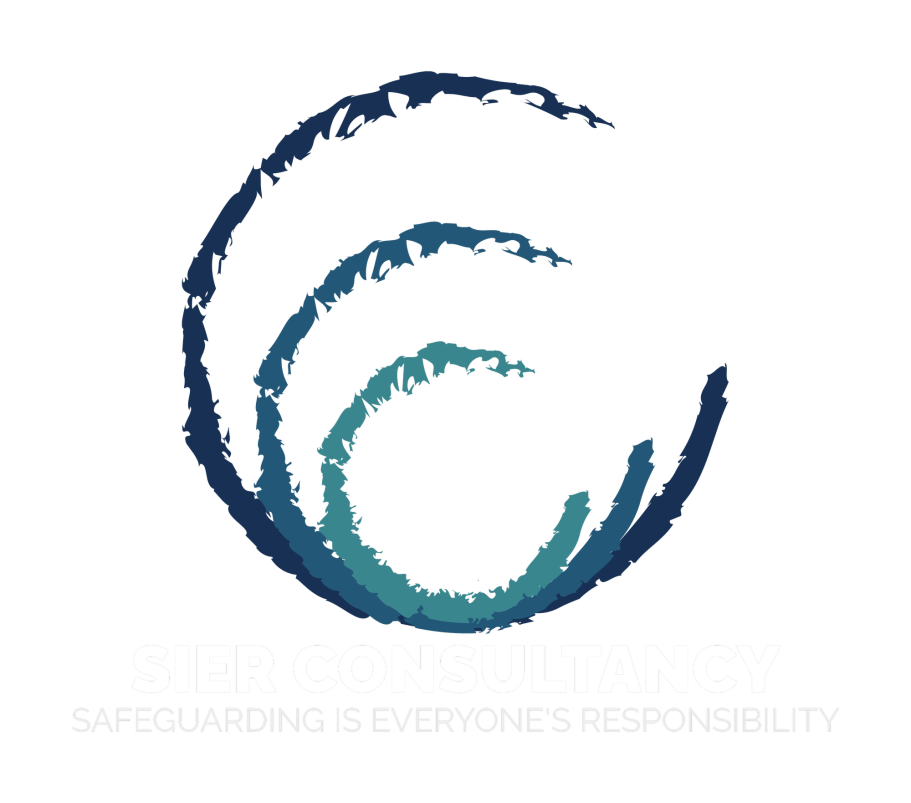Social Emotional Mental Health Support
Social, Emotional, and Mental Health (SEMH) support is essential for children and young people experiencing difficulties in managing emotions, forming relationships, and understanding their own mental health. SEMH issues can impact academic performance, social interactions, and overall well-being, making effective support strategies crucial.
Drawing and Talking (Advanced) is a therapeutic intervention that allows children to express their emotions and experiences through art. This non-intrusive method helps them process complex feelings in a safe environment, fostering emotional release and self-awareness. By externalising their thoughts, children can begin to understand and manage their emotions better, leading to improved mental health and behaviour.
Emotional Logic is another impactful approach, teaching individuals to understand their emotions and use them constructively. By recognizing and naming feelings, children learn to navigate emotional challenges, reducing anxiety and improving resilience. This method empowers them to transform negative emotions into positive actions, enhancing their emotional intelligence and coping skills.
Attachment-Based Mentoring focuses on building strong, supportive relationships between mentors and mentees. This approach addresses issues stemming from insecure attachments, such as trust and self-esteem problems. Through consistent, nurturing interactions, children develop a sense of security and belonging, which can significantly improve their emotional stability and social skills.
Creative-Based Therapy, including activities like music, drama, and dance, offers diverse ways for children to explore and express their emotions. These therapies engage different parts of the brain, promoting healing and growth in a holistic manner. They provide a non-verbal outlet for feelings, which can be especially beneficial for those who struggle with traditional talk therapy.
In conclusion, SEMH support through Drawing and Talking, Emotional Logic, Attachment-Based Mentoring, and creative-based therapies plays a vital role in helping children and young people manage their emotions and mental health. These methods provide varied, effective ways to address SEMH needs, fostering resilience, emotional intelligence, and overall well-being.
We need your consent to load the translations
We use a third-party service to translate the website content that may collect data about your activity. Please review the details in the privacy policy and accept the service to view the translations.

